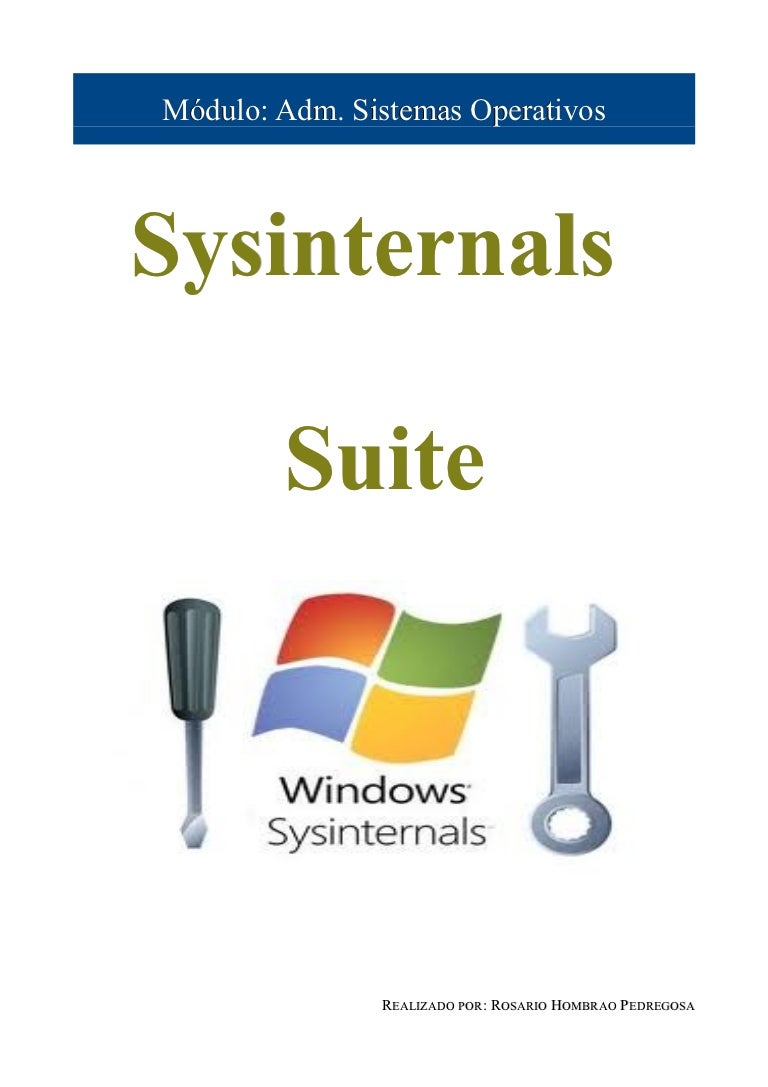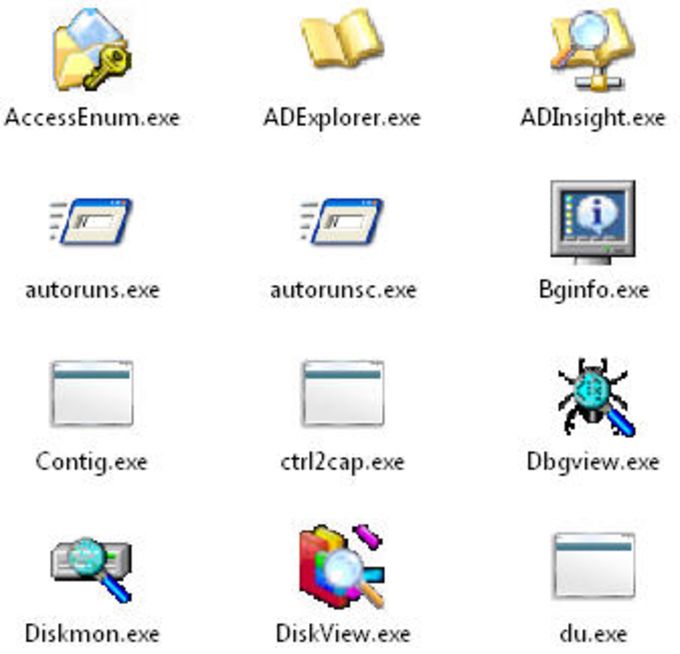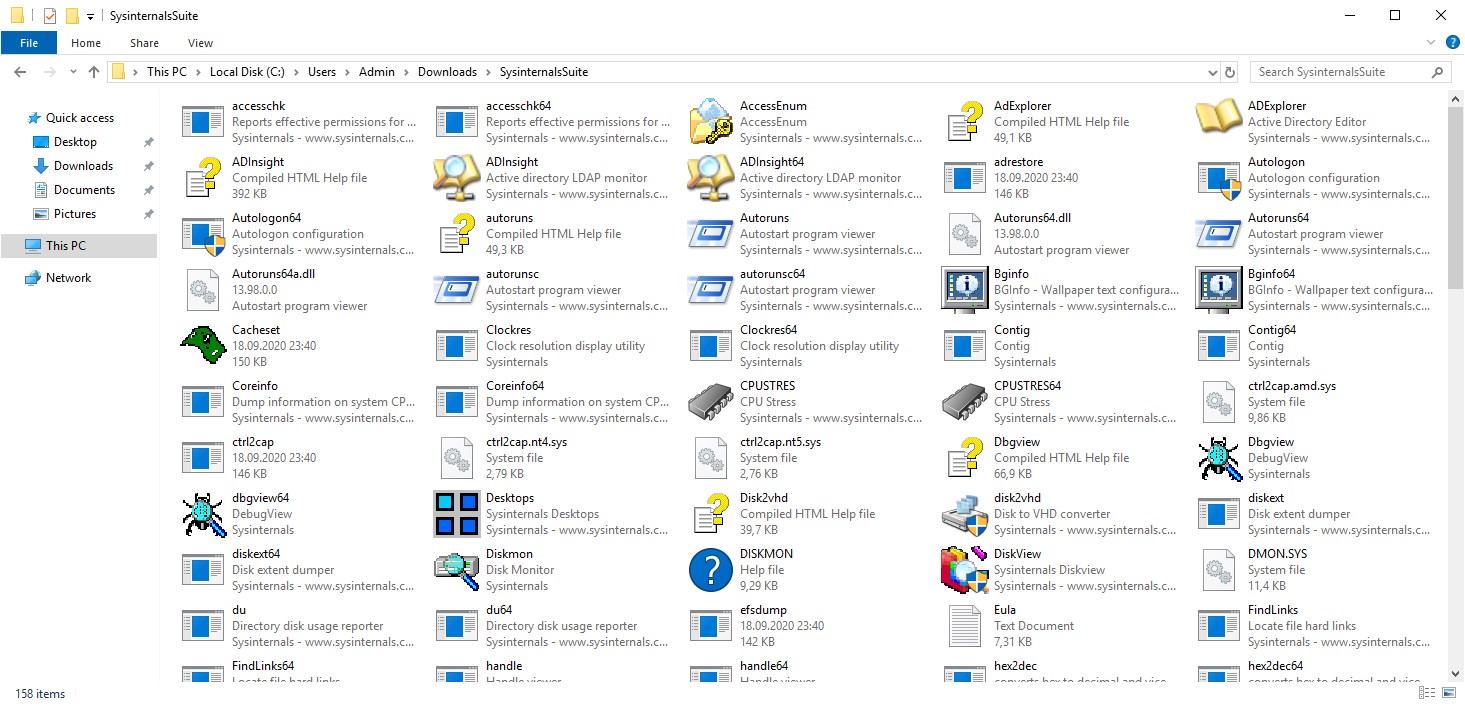

Your learning will be associated with a lot of experiments, so it is best done in a “sand box”. Making a Sand-Box and Starting to Practiceīegin with installing and setting up of a virtual machine. Learning the theory, (and really creating packages) do your best, at least in the beginning, to abide by the Windows Installer standards without resorting to secondary utilities similar to InstallShield/InstallScript - this way you will understand the creation of MSI packages better. But you must be able to read and understand reference documents in English as without it you are certain to fail. And you do not have to be able to make SQL queries, although it can come in handy (as each MSI file is a small relational database). To learn how to create MSI packages you do not have to be an experienced developer (but it would be better if you were). Before you begin, make sure that you have a deep understanding of the Windows file system, user profile and registry structures, Windows processes and services, that you can manage user accounts and know the location of the log. If you have little experience in administration and support (better huge and hierarchical) of Windows networks, you must have come across the major areas and terms you will need.

What Should You Know and Be Able to Do Before You Start Learning?

Windows Installer is popular among many big European and American customers, that is why MSI can be a plus for a system administrator applying for a job. If you are engaged in centralized installation of an application in Windows networks, the knowledge of MSI format and ability to create and edit packages in it will come in handy when you prepare a package for deployment and problems diagnostic. I have gained my experience - both theoretical and practical - with the technology at Infopulse and worked with the MSI packages compilation and prepared ready MSI packages for silent installation in the corporate environment. The MSI format is supported by all of the major configuration management systems (Microsoft SCCM, CA Unicenter, and many others) for some software distribution systems it is the only supported format. Windows Installer (MSI) technology is a de facto standard in the world of system administrators and application packagers distributing and servicing software for desktop and server versions of Windows.


 0 kommentar(er)
0 kommentar(er)
